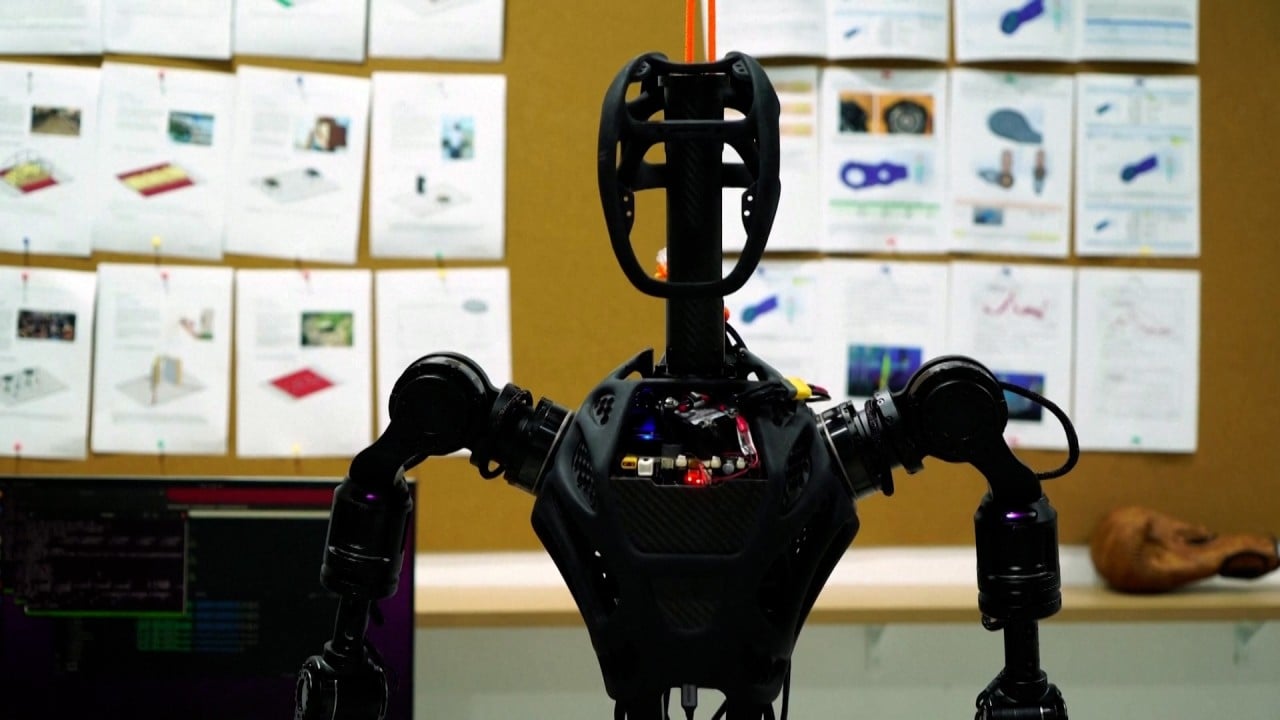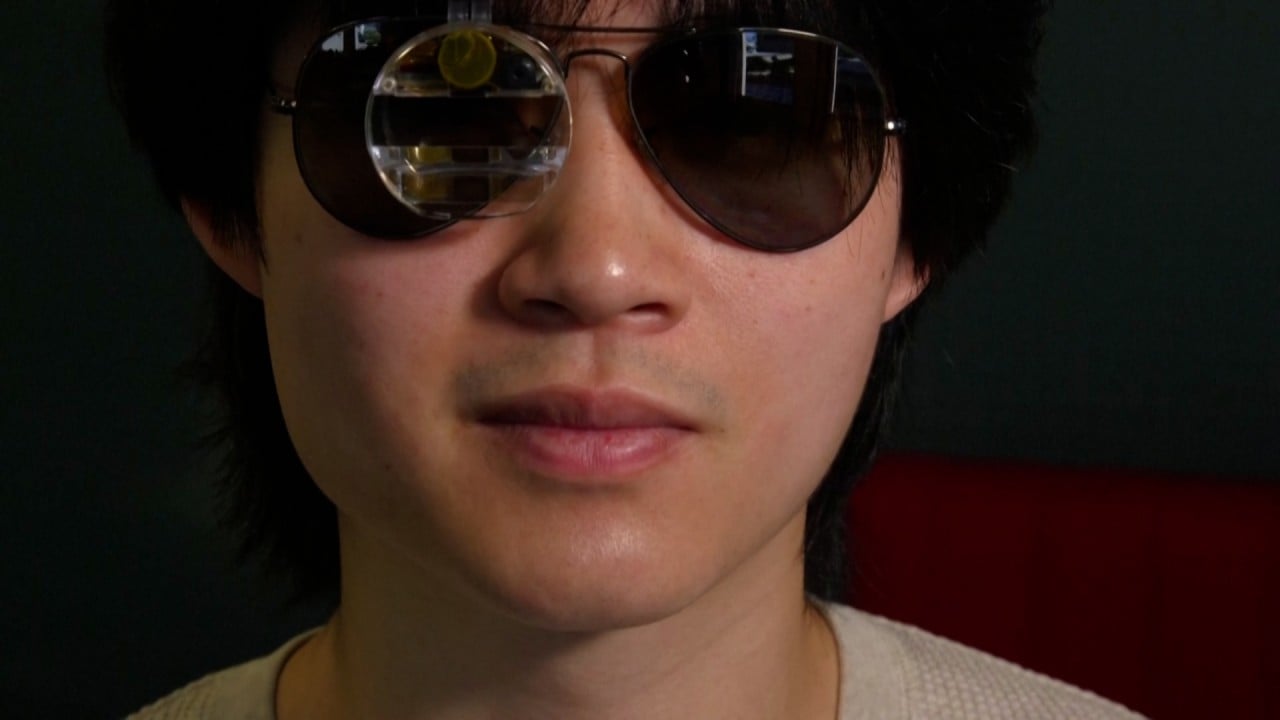
Our AI-driven healthcare future needs one vital ingredient – the human touch
- The challenges of AI do not negate its potential; instead, they underscore the necessity of a synergistic approach
- Combining AI with human skills is vital, not only for accuracy but to maintain the essence of personal care in healthcare
Artificial intelligence in healthcare is increasingly an important topic, and one that will be discussed at the World Health Summit next week in Berlin. AI has the potential to improve patient outcomes but it also poses risks – from data collection and use to biases that can skew patient outcomes.
By 2025, more than US$30 billion is expected to be invested into AI for healthcare, a reflection of the growing trust in AI-driven healthcare solutions.
A major driver of this investment is the imperative to make better use of the vast amount of healthcare data available. Through data analysis and tools such as virtual health assistants, AI can help to significantly cut healthcare costs.
And it’s not just China. The integration of AI into healthcare has also seen significant advances in Europe and the United States. Countries including Britain, France and Germany are spearheading public-private initiatives, such as digital innovation hubs in healthcare.
A study in the journal Nature found that AI might be as good as, or better than, doctors at detecting breast cancer from mammograms. AI is also game-changing in predicting the spread of disease. During the Covid-19 outbreak, for instance, a Canadian company, BlueDot, used AI to quickly track the spread of the virus, using news and flight data.
This synergy between technology and human insight is pivotal for holistic healthcare solutions in the 21st century.
The integration of AI into healthcare offers both transformative potential and challenges that demand robust regulatory oversight. Ensuring patient safety, data security and addressing ethical dilemmas remain paramount. Misinterpretations by AI, for instance, can lead to misdiagnoses with grave implications.
But as time went on, Watson’s advice was found to have failed to hit the mark, even incorrect, which risked faulty medical decisions. The Watson experience served as a lesson: while technology can be a powerful ally in healthcare, blind trust without human oversight can be hazardous.
One significant struggle is in addressing AI’s potential bias, which can lead to skewed healthcare outcomes. Back in 2019, a Science journal article found that a widely used algorithm was showing racial bias – it recommended more white patients than black ones for further health treatments.
Computer, your biases are showing
Such instances show that AI is susceptible to inheriting biases in its training data. By identifying such biases or inaccuracies in AI predictions, humans can improve the system’s accuracy, fairness and reliability.
Moreover, healthcare is not just about diagnosing and treating diseases; it also encompasses vital human elements such as trust, understanding and the ability to address the cultural, socio-economic and psychological nuances of individual patients. In mental health services, for example, while AI can play a role in the initial diagnosis or monitoring, a robot cannot replicate the deep understanding, empathy and trust established in a therapist-patient relationship.
The challenges that AI presents do not negate its potential. Instead, they underscore the necessity of a synergistic approach. AI’s strengths lie in its data-processing capabilities, pattern recognition and efficiency. Humans bring experiential wisdom, ethical discernment and empathetic understanding. Combining AI with human skills is vital, not only for accuracy, but to maintain the essence of personal care in healthcare.
The future of healthcare requires the integration of AI tools without losing sight of the human-centric essence. This delicate balance, while challenging, is vital. It is the path to a healthcare future where technology and humanity coalesce, redefining the contours of quality healthcare in the 21st century.
Professor Syed Munir Khasru is chairman of the international think tank IPAG Asia-Pacific, Australia, with a presence also in Dhaka, Delhi, Vienna, Dubai and Mauritius



.jpg?itok=uZeCoEdY)
